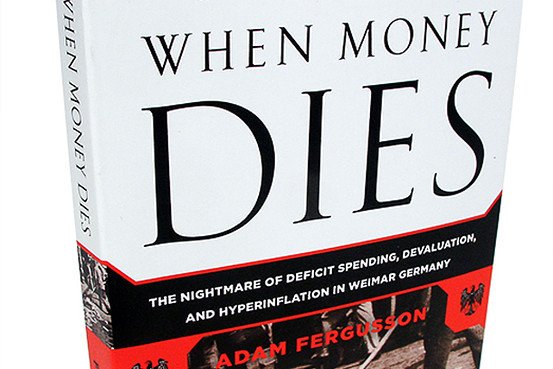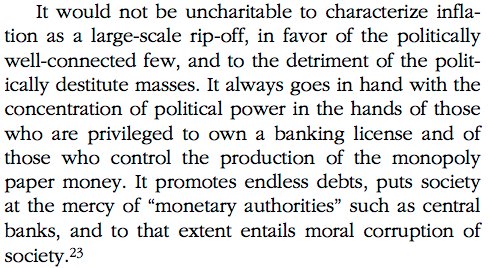
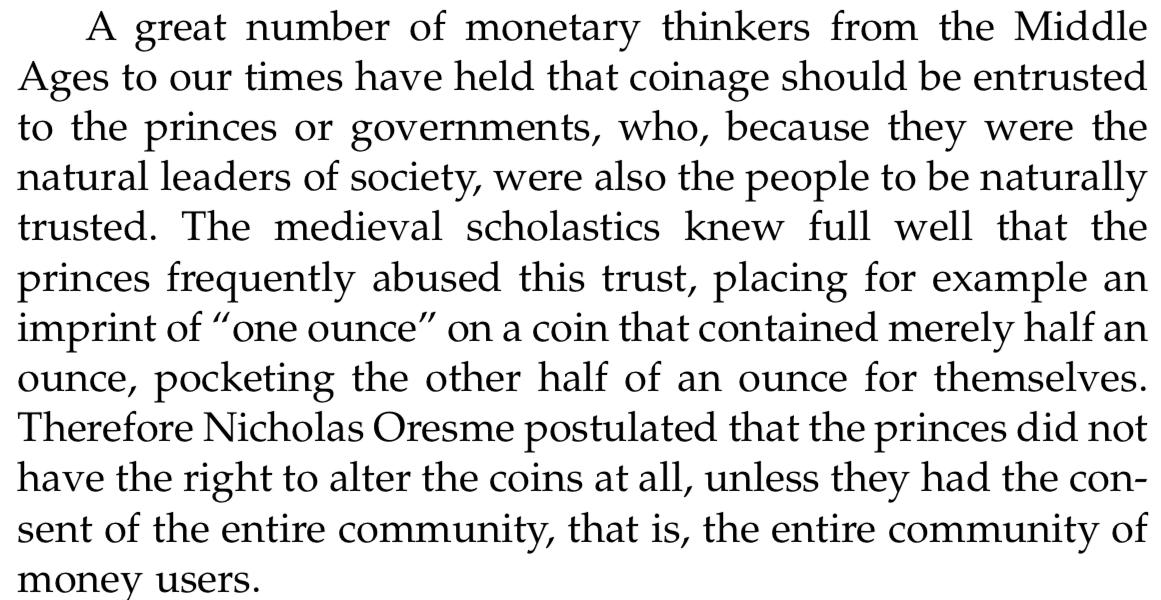

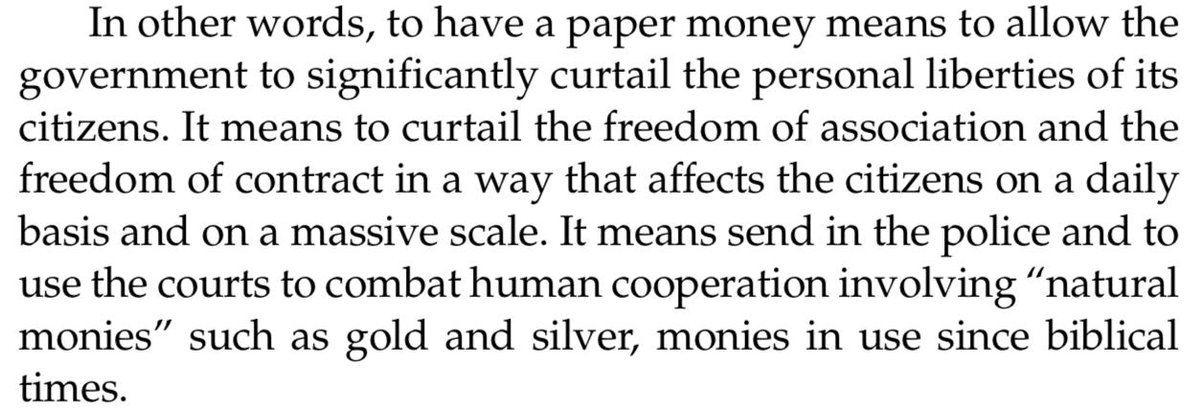
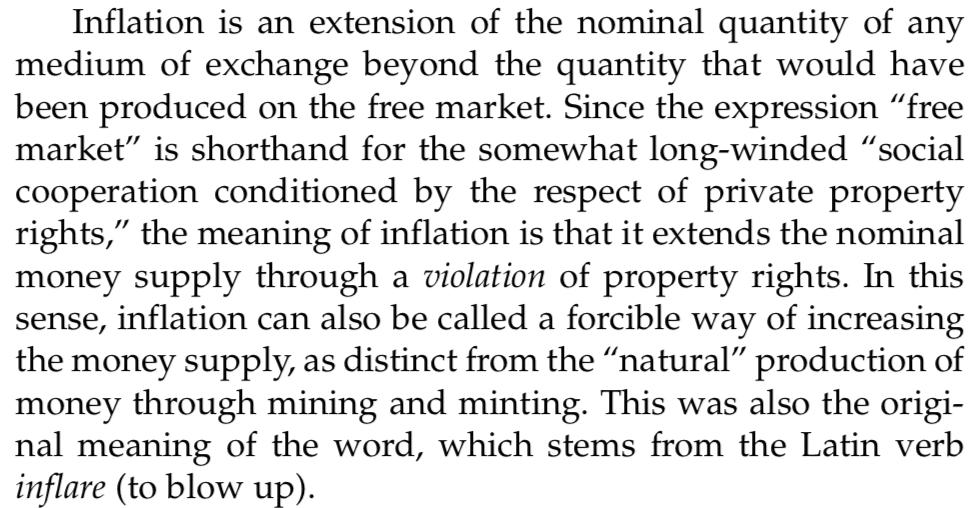
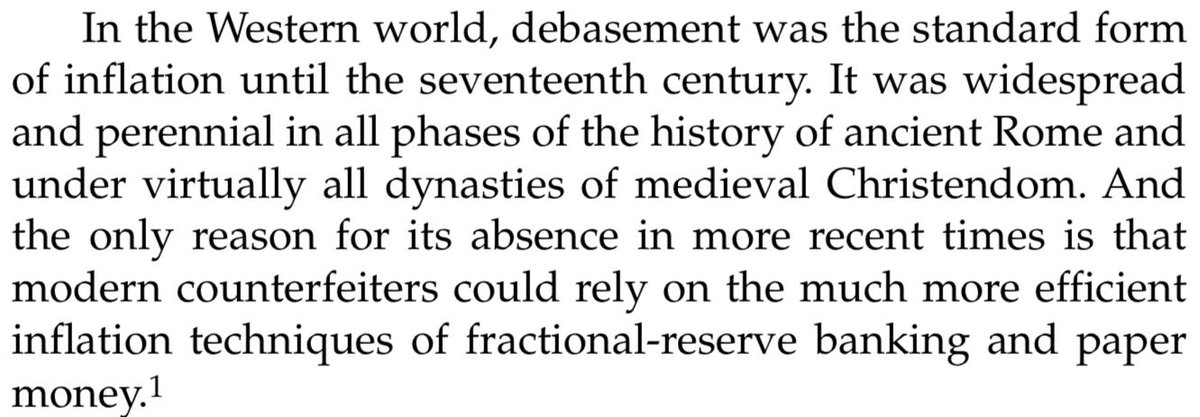

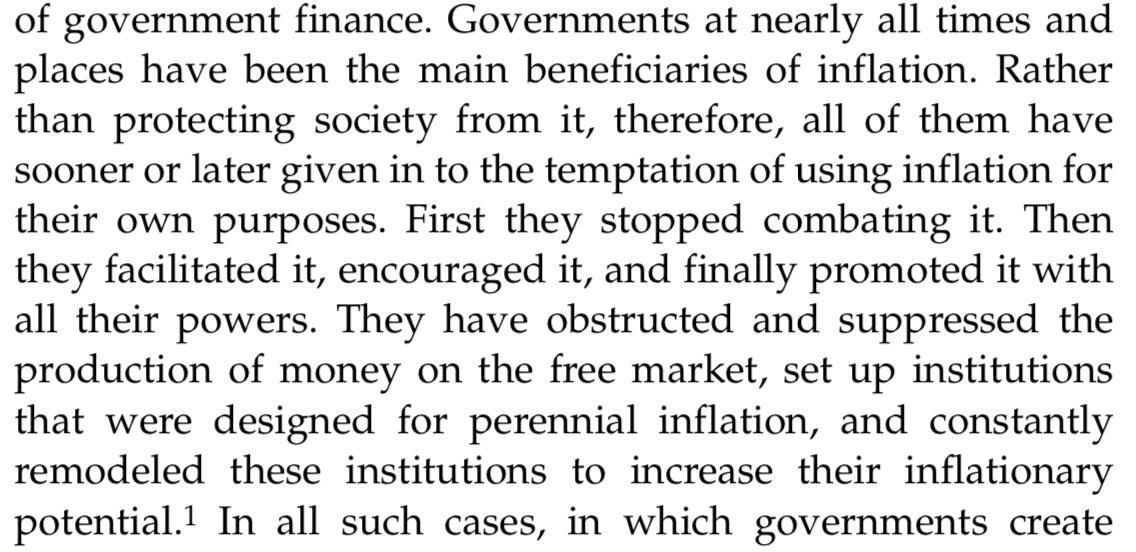
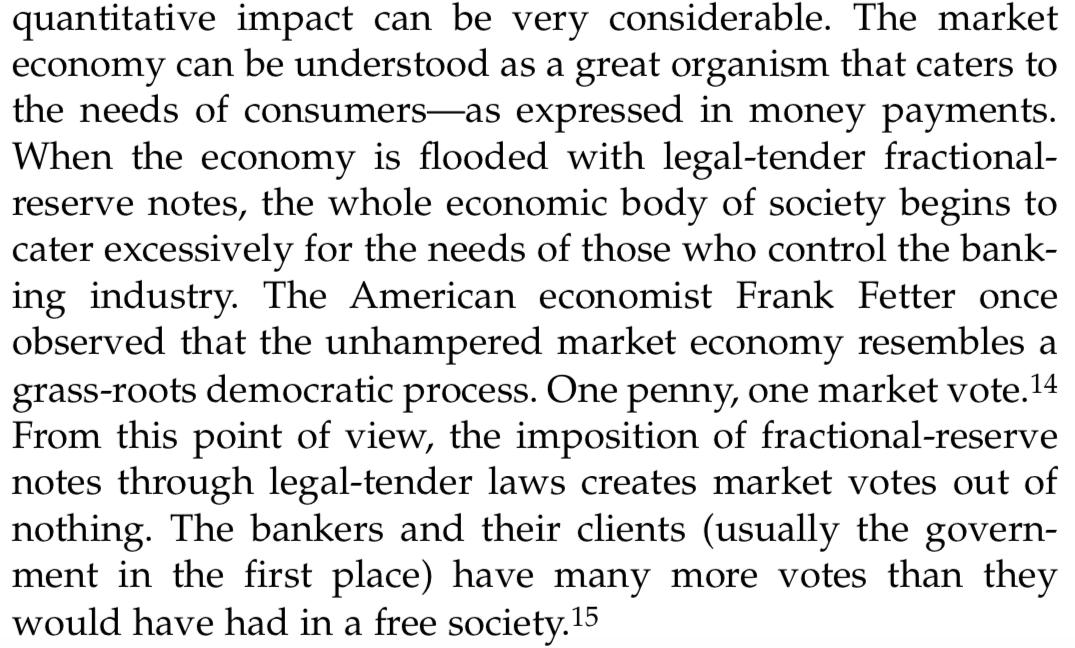
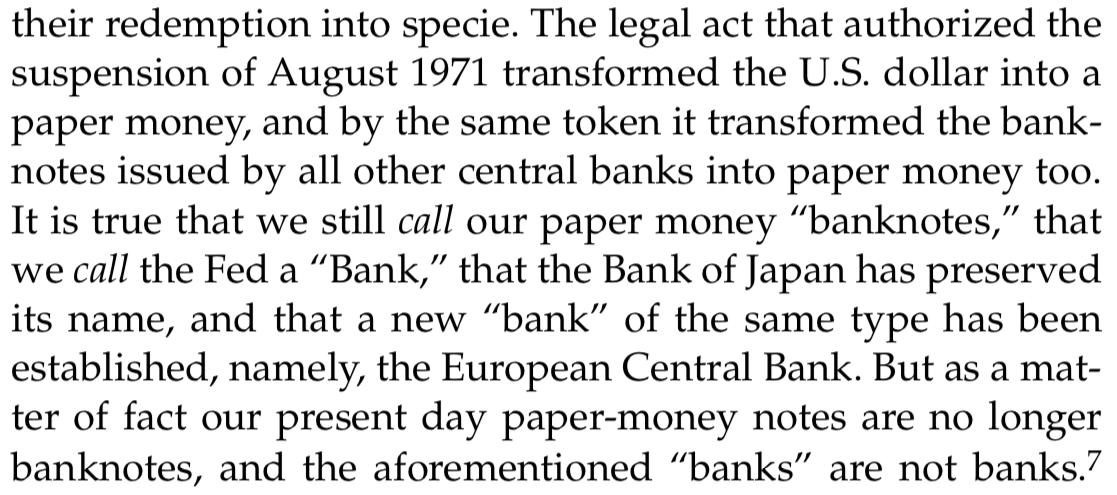
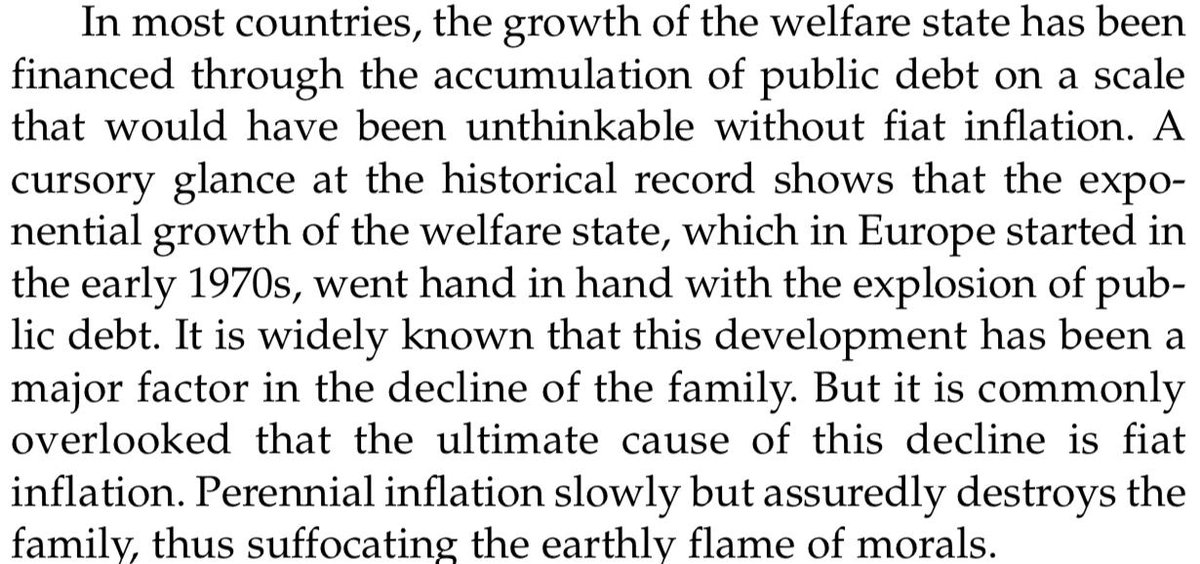
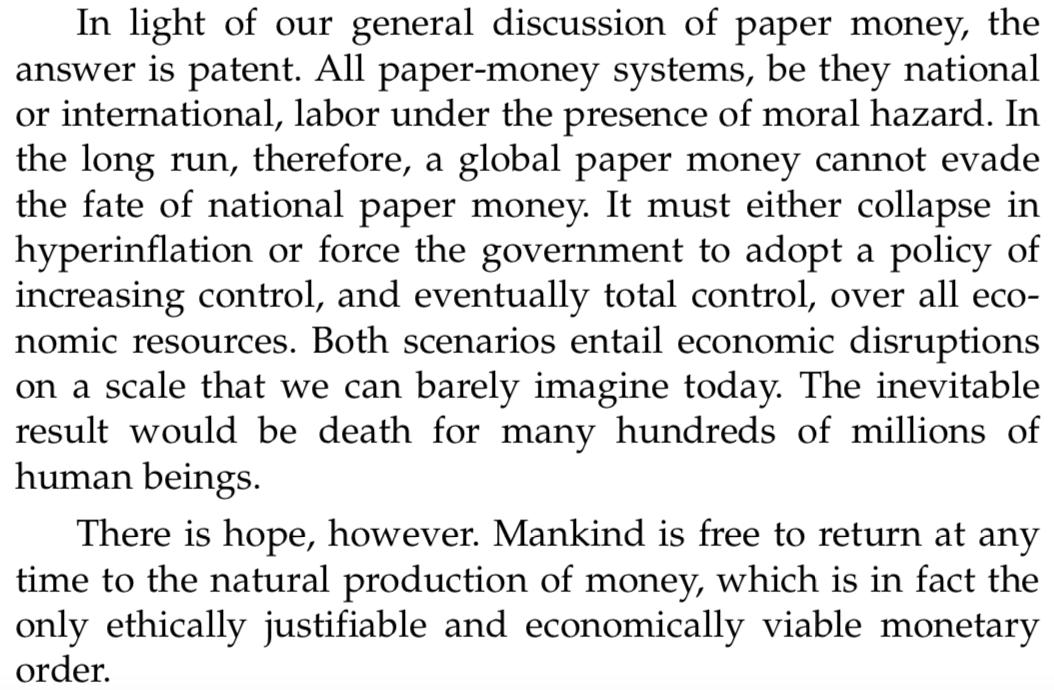
Free book in PDF : mises-media.s3.amazonaws.com/The%20Ethics%2…
Amazon : amazon.com/gp/product/161…












Get real-time email alerts when new unrolls are available from this author!
Twitter may remove this content at anytime, convert it as a PDF, save and print for later use!

1) Follow Thread Reader App on Twitter so you can easily mention us!
2) Go to a Twitter thread (series of Tweets by the same owner) and mention us with a keyword "unroll"
@threadreaderapp unroll
You can practice here first or read more on our help page!
